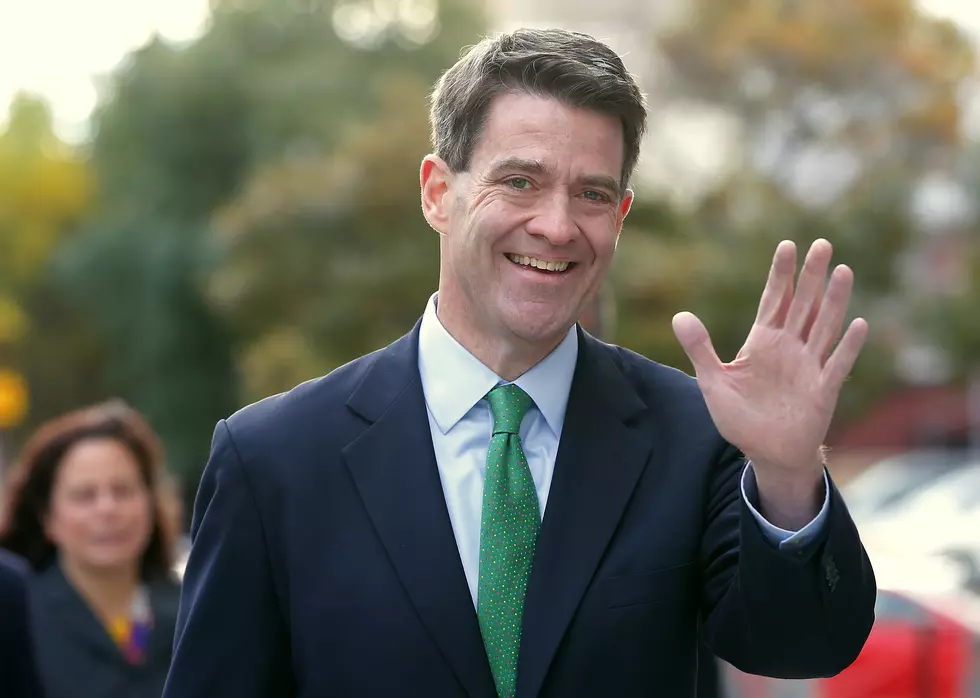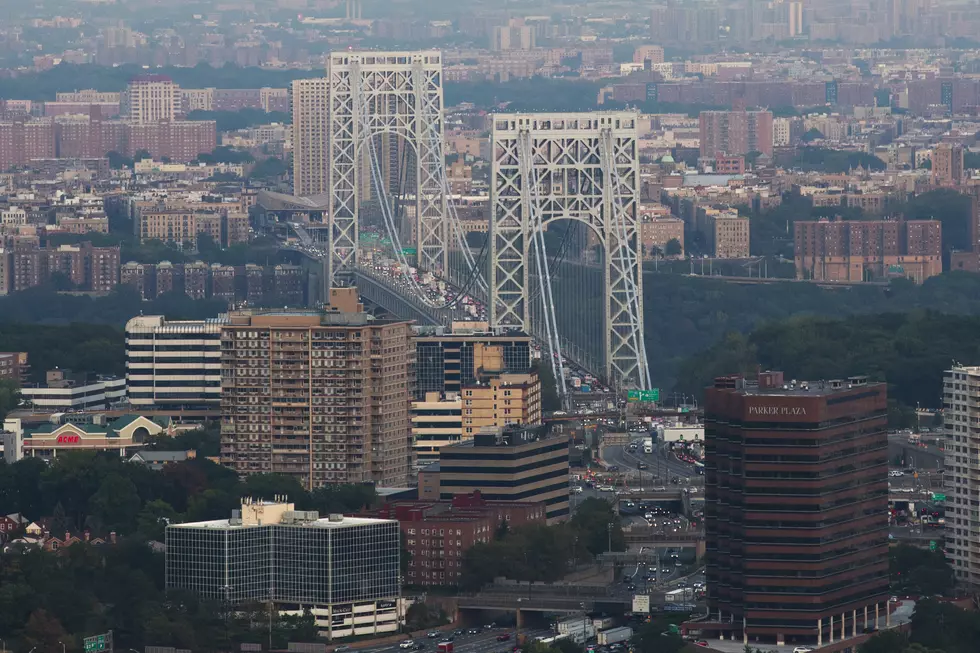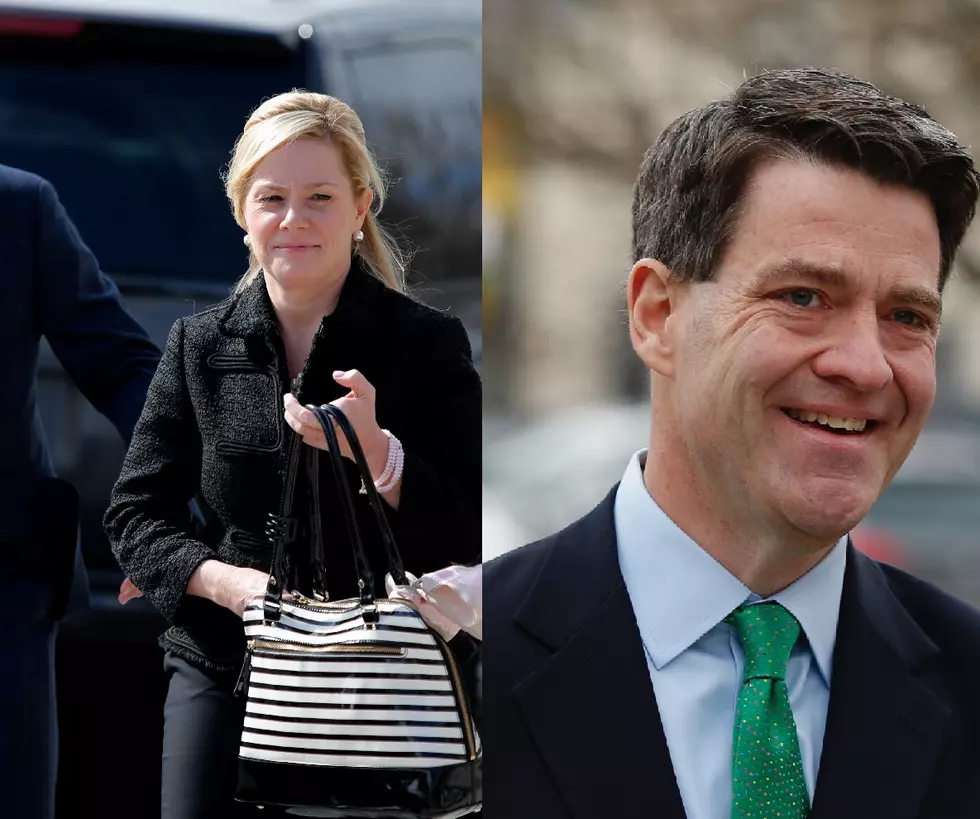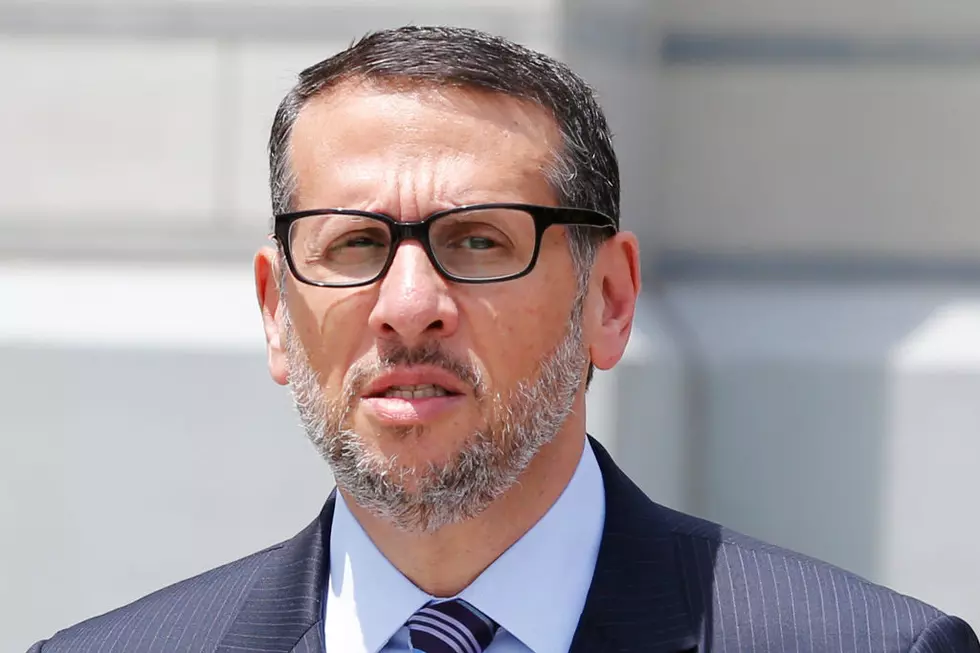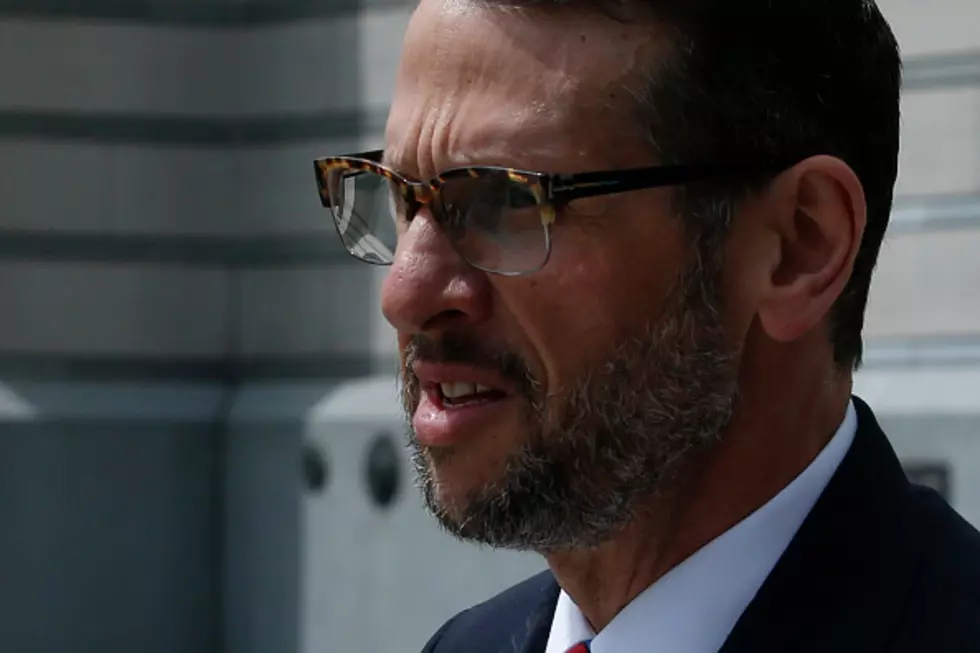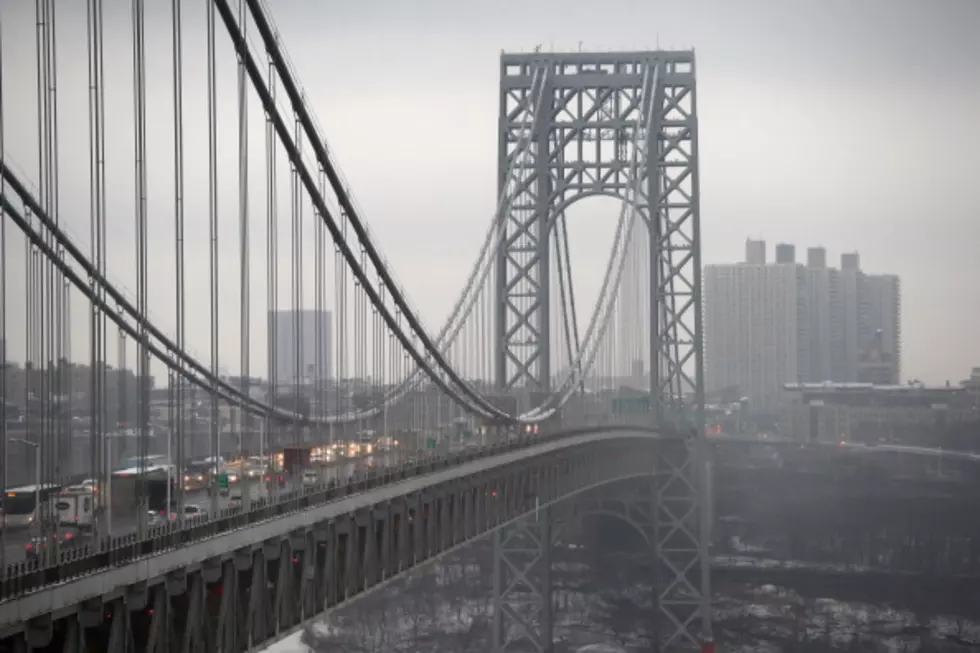
Judges hear arguments over fate of bridge conspirators list
PHILADELPHIA (AP) -- The fate of unidentified conspirators in the George Washington Bridge lane-closing scandal provided nearly two hours of sparring in federal appeals court Monday as a three-judge panel heard arguments on whether the conspirators' names should be released to media organizations in advance of an anticipated trial this fall.
A federal judge in Newark ordered the list released last month only to have a person identified as John Doe file to block publication of the list, claiming it would brand him a criminal even though he wasn't charged in the indictment last year that named two former allies of New Jersey Gov. Chris Christie.
The damage to Doe's reputation is not the central issue the judges are weighing, however. What they must decide is a fairly complex legal distinction: whether the government's release of the list to defense attorneys was in response to a request for supporting evidence to the indictment, called a bill of particulars, which can be publicly accessible.
The U.S. attorney's office in New Jersey, which is prosecuting the case, has argued the list was provided as a courtesy as part of routine pre-trial sharing of evidence, called discovery, which the public cannot access.
The issue's centrality was evident when Judge Kent Jordan told media attorney Bruce Rosen, "If you don't get past it, it's game over."
Rosen argued that even though the government now claims the list was part of discovery, it was produced in response to defense attorneys' request for supporting evidence. He also criticized the government for using hindsight to "paint it as discovery."
"If it walks like a duck and quacks like a duck, it's a duck," Rosen said.
Jordan countered that the government had opposed the defense's motion for the bill of particulars and that the issue hadn't been decided when it furnished the letter. The judge on the case hadn't ordered the bill of particulars, he added.
Jenny Kramer, an attorney representing Doe, argued that the government letter was never part of a bill of particulars, "not in January, not now and never has been."
U.S. Attorney Paul Fishman, making a rare appearance to argue in court, told the judges the media organizations shouldn't be entitled to the names at this point in the process.
"What the press doesn't have a right to get at this juncture is what we think about some of the people we've chosen not to charge right now," Fishman said.
Two former allies of Christie were indicted last year for allegedly orchestrating traffic jams near the bridge in 2013 as political payback against a Democratic mayor who didn't support the Republican governor's re-election.
Former Christie deputy chief of staff Bridget Kelly and Bill Baroni, a former executive (and Christie appointee) at the Port Authority of New York and New Jersey, the bridge's operator, are scheduled for trial in September. Baroni attended Monday's arguments, along with his attorney.
Media organizations filed a motion with the court in Newark in January seeking access to the co-conspirator list, claiming it is part of the public record in the criminal case.
Christie, who hasn't been charged and has disavowed any knowledge of the alleged scheme, has said it is highly doubtful he is on the list. A taxpayer-financed probe by a law firm hired by Christie cleared him of wrongdoing, a conclusion roundly criticized by Democrats in New Jersey as a whitewash.
The scandal dogged Christie through his failed bid for the Republican presidential nomination and has provided fodder for late-night talk show comedians.
Heightened scrutiny of the Port Authority in the wake of the scandal has led to investigations by the U.S. attorney's office in New Jersey, the Manhattan D.A.'s office and the Securities and Exchange Commission into the authority's business practices.
(Copyright 2016 The Associated Press. All rights reserved. This material may not be published, broadcast, rewritten or redistributed.)
More From New Jersey 101.5 FM


